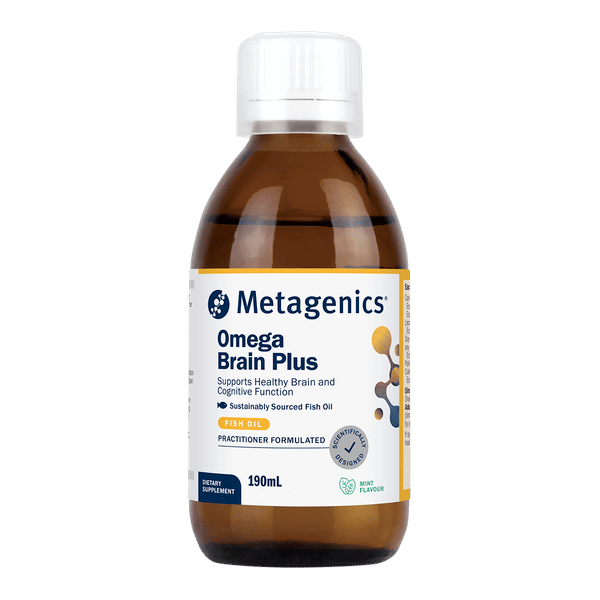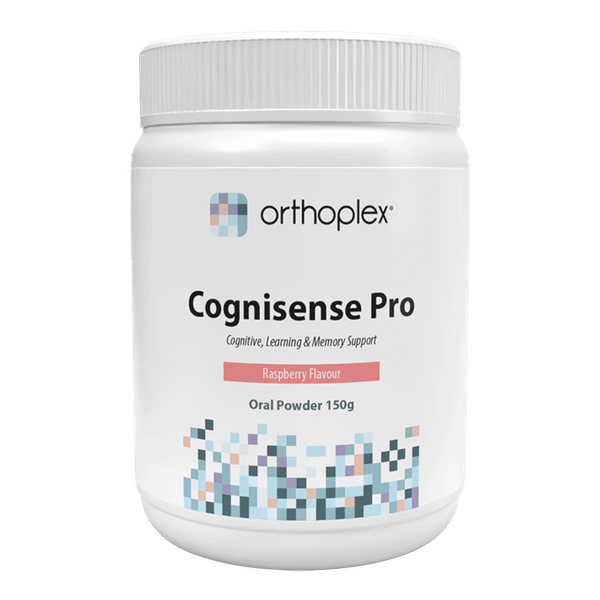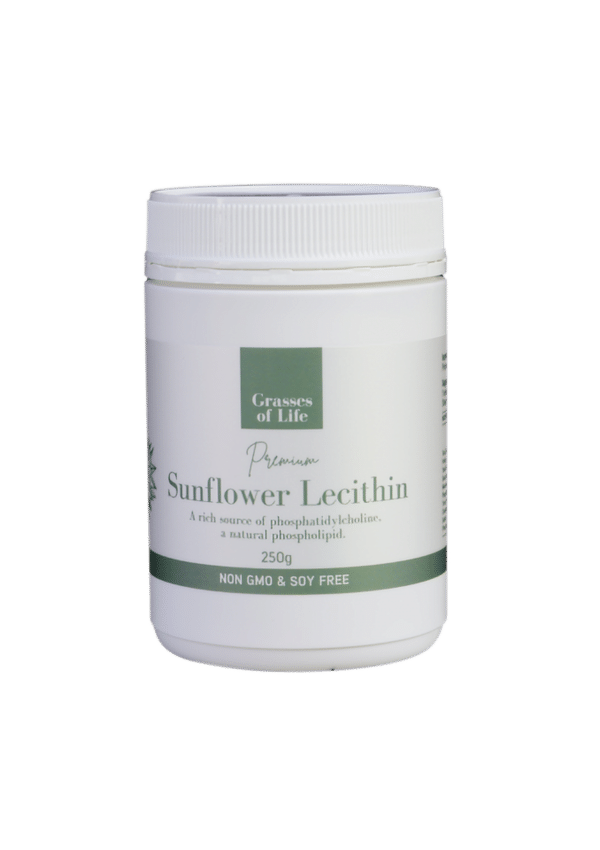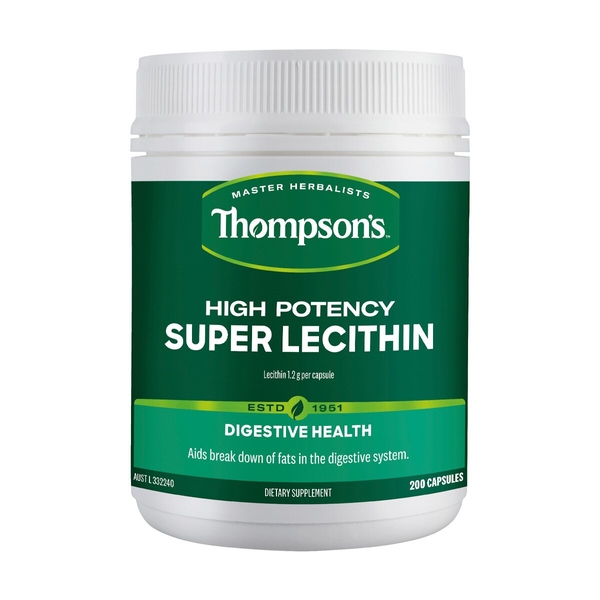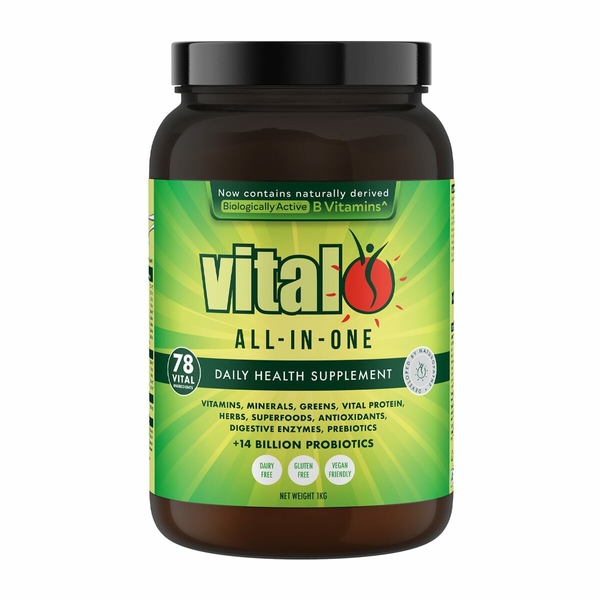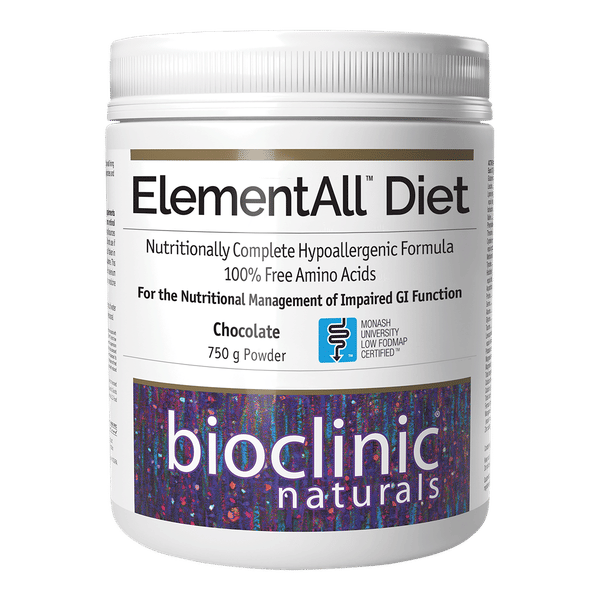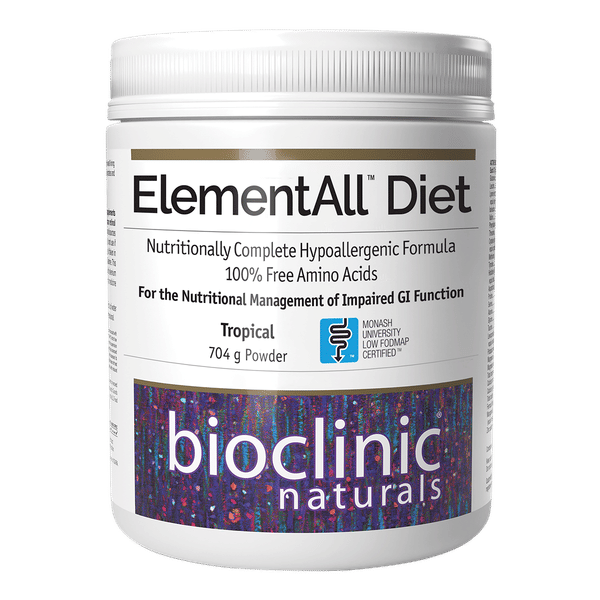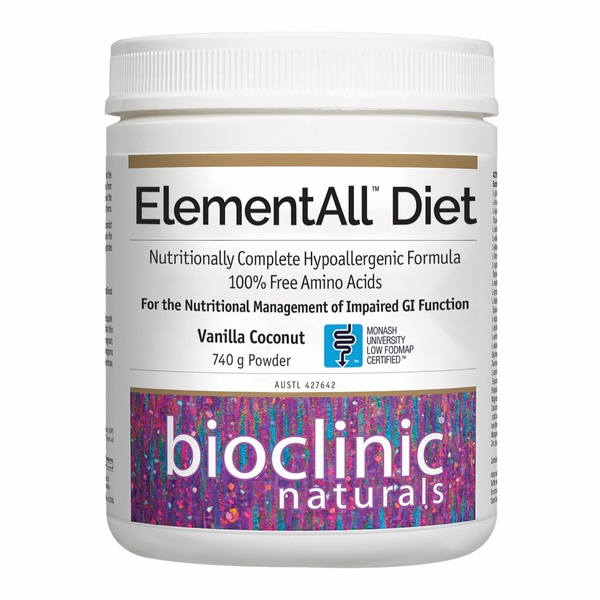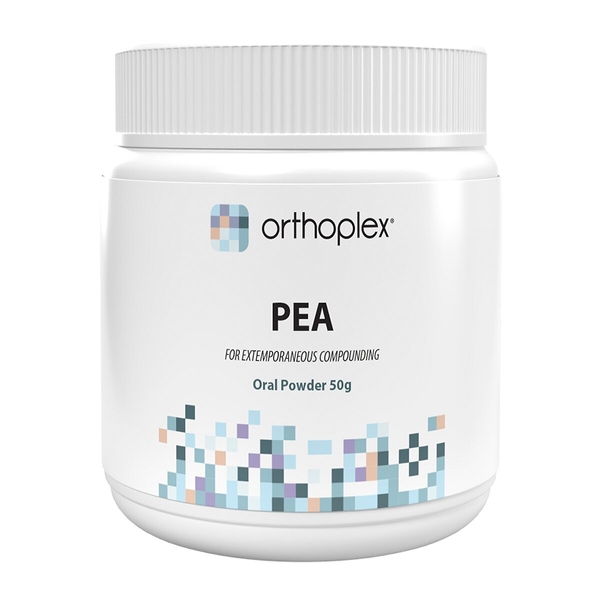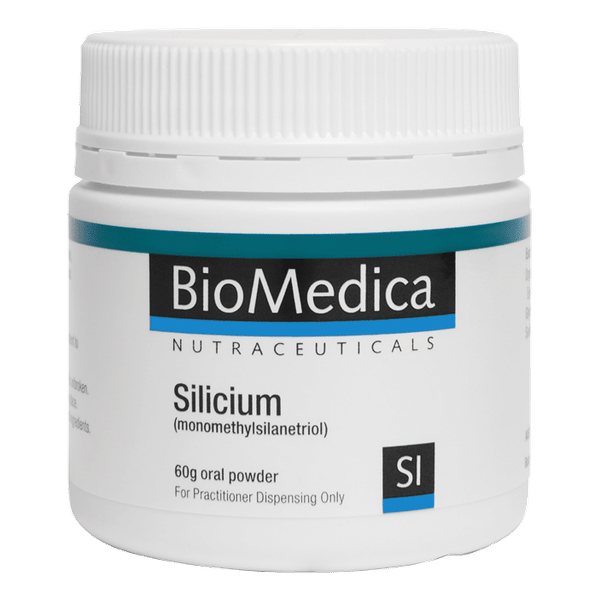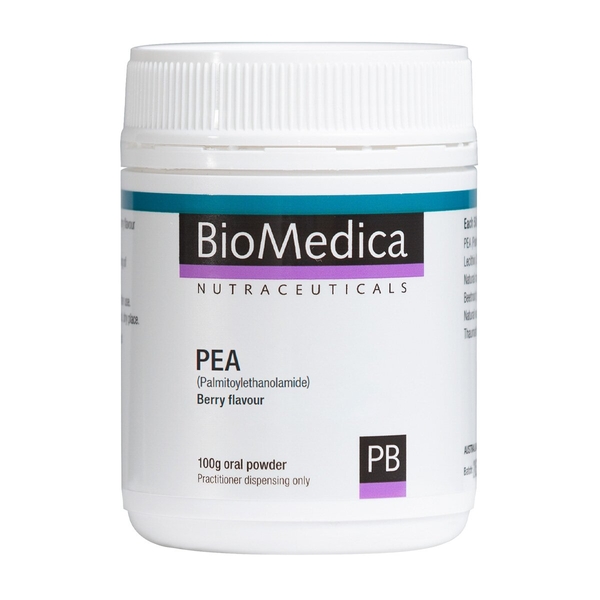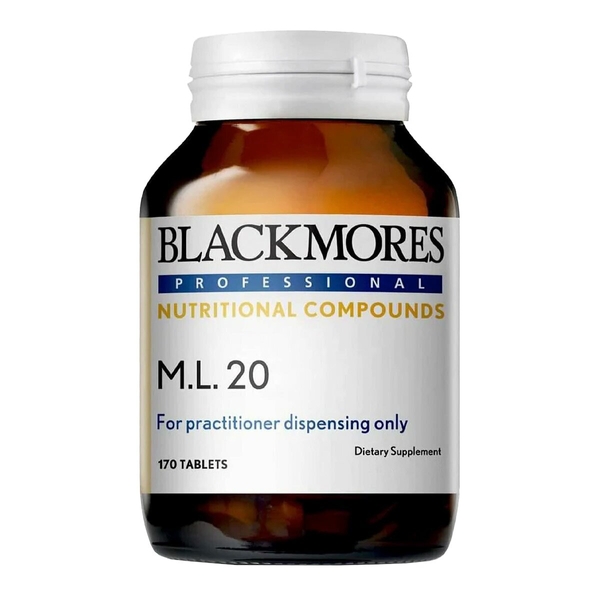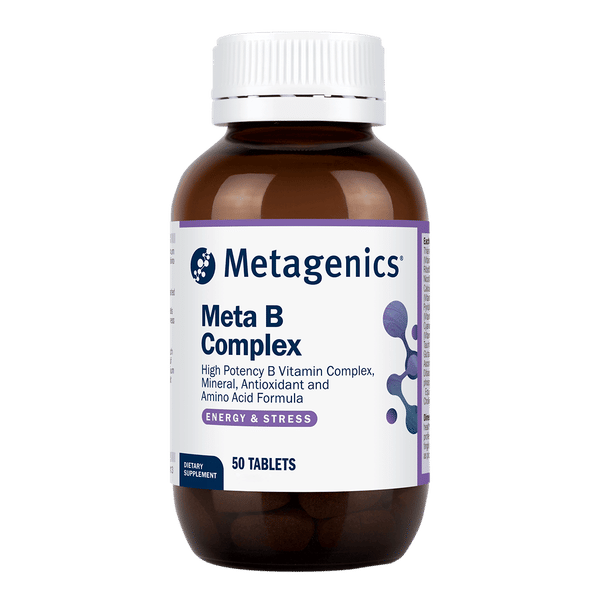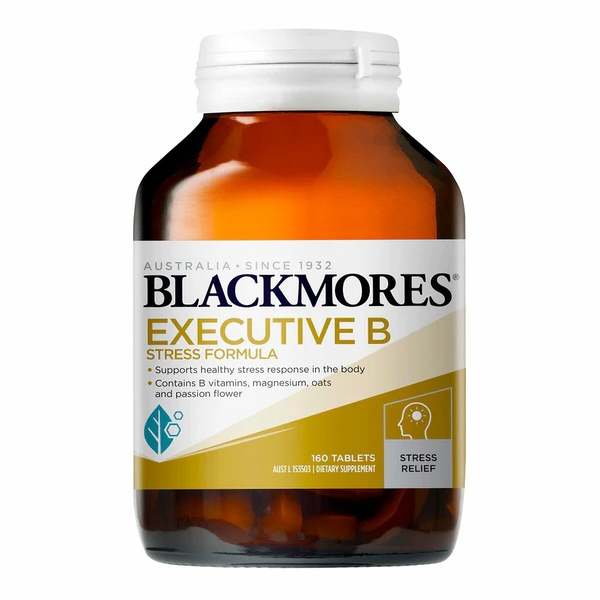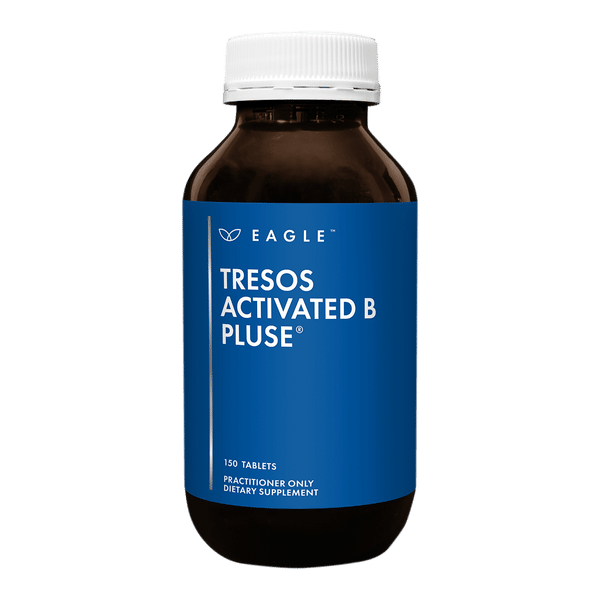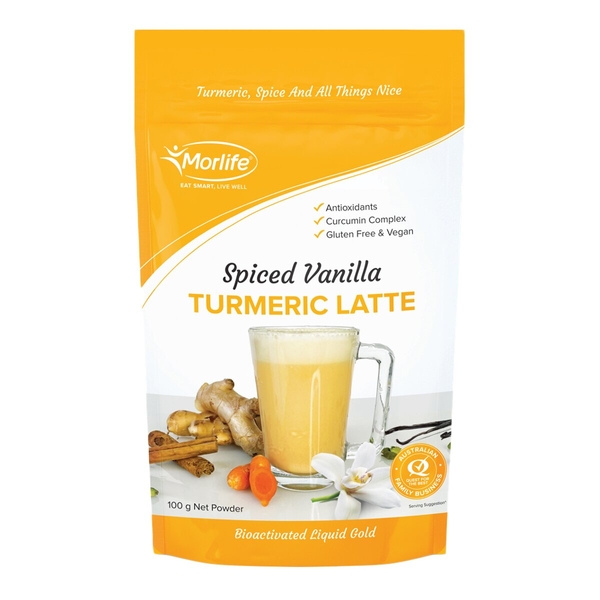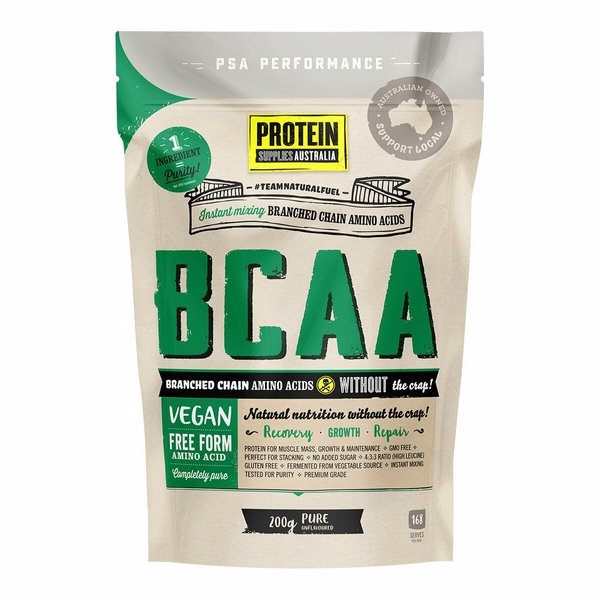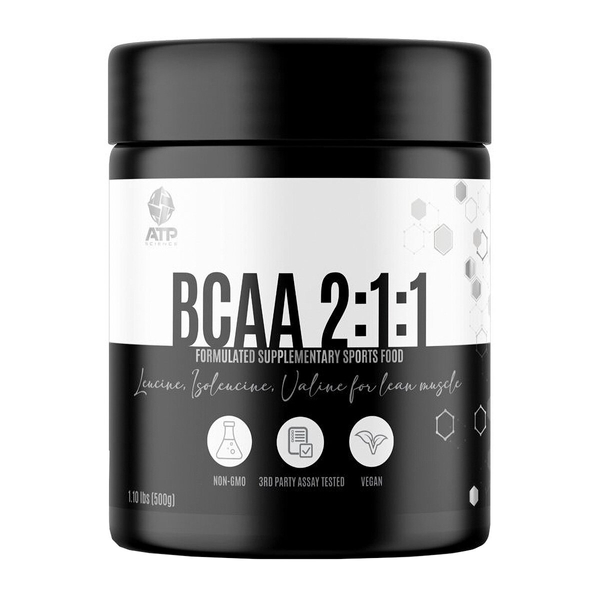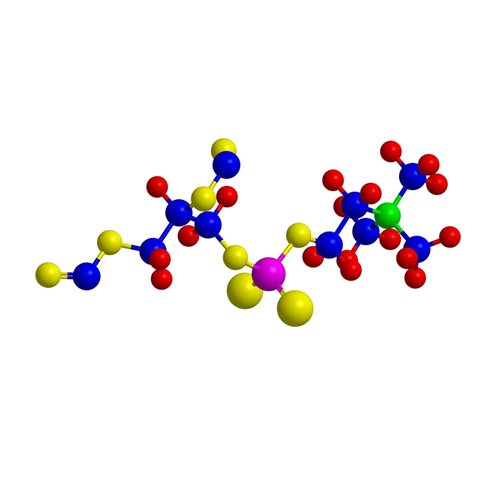
Phosphatidylcholine
Alternate names: Fosfatidilcolina, Lipodissolve, Lipolight, Lipolyse, Lipothérapie, Lipotherapy, Phospholipid, Phospholipide, Phospholipon, Polyenylphosphatidylcholine, Polyénylphosphatidylcholine, PtdCho
Actions: Fat breakdown, Fat absorption, Hepatoprotective, Neurological, Anti-inflammatory in the colon
Background
Phosphatidylcholine is a chemical found naturally in all cells in the body. It is a source of the essential nutrient, choline. It's also found in foods.
Phosphatidylcholine is a major part of lecithin, which is a mixture of fats that are essential to cells in the human body. It's found in soy, sunflower, mustard, and eggs. The body makes a chemical called acetylcholine from phosphatidylcholine. Acetylcholine is important for memory.
People use phosphatidylcholine for inflammatory bowel disease. It is also used for acne, memory loss, Alzheimer disease, liver disease, and many other conditions, but there is no good scientific evidence to support these uses.
Don't confuse phosphatidylcholine with Alpha-GPC, choline, lecithin, phosphatidylserine, or soy. These are related but not the same.
Phosphatidylcholine is a major part of lecithin, which is a mixture of fats that are essential to cells in the human body. It's found in soy, sunflower, mustard, and eggs. The body makes a chemical called acetylcholine from phosphatidylcholine. Acetylcholine is important for memory.
People use phosphatidylcholine for inflammatory bowel disease. It is also used for acne, memory loss, Alzheimer disease, liver disease, and many other conditions, but there is no good scientific evidence to support these uses.
Don't confuse phosphatidylcholine with Alpha-GPC, choline, lecithin, phosphatidylserine, or soy. These are related but not the same.
Safety Safety definitions
When taken by mouth: Phosphatidylcholine is possibly safe when used in doses up to 30 grams daily for 6 weeks, or up to 6 grams daily for up to 2 years. It's generally well-tolerated. Side effects might include altered taste, bloating, diarrhea, itching, nausea, and sweating.
When applied to the skin: Phosphatidylcholine is possibly safe when used in products also containing niacinamide for up to 12 weeks.
Breast-feeding: There isn't enough reliable information to know if phosphatidylcholine is safe to use when breast-feeding. Stay on the safe side and avoid use.
When applied to the skin: Phosphatidylcholine is possibly safe when used in products also containing niacinamide for up to 12 weeks.
Special Precautions & Warnings:
Pregnancy: Phosphatidylcholine is possibly safe when taken by mouth starting at 18 weeks of pregnancy at doses up to 5 grams daily.Breast-feeding: There isn't enough reliable information to know if phosphatidylcholine is safe to use when breast-feeding. Stay on the safe side and avoid use.
Effectiveness
NatMed Pro rates effectiveness based on scientific evidence according to the following scale: Effective, Likely Effective, Possibly Effective, Possibly Ineffective, Likely Ineffective, Ineffective, and Insufficient Evidence to Rate.
Possibly effective Effectiveness definitions
- A type of inflammatory bowel disease (ulcerative colitis). Taking phosphatidylcholine by mouth might improve symptoms in people with ulcerative colitis.
Dosing & administration
Phosphatidylcholine has most often been used by adults in doses of 1.05-6 grams by mouth daily for up to 24 weeks. Speak with a healthcare provider to find out what dose might be best for a specific condition.
Interactions with pharmaceuticals
It is not known if Phosphatidylcholine interacts with any medicines. Before taking Phosphatidylcholine, talk with your healthcare professional if you take any medications.
Interactions with herbs & supplements
There are no known interactions with herbs and supplements.
Interactions with foods
There are no known interactions with foods.
Products
View all productsPer 5 mL (Peppermint):
- Lecithin 1.5 g equiv. phosphatidylcholine 520 mg
- Phosphatidylserine enriched soy (liquid) (Lecithin) 750 mg equiv. phosphatidylserine 150 mg
- Total Omega 3 2.3 g
- Eicosapentaenoic acid (EPA) 346 mg
- Docosahexaenoic acid (DHA) 1.2 g
- Cholecalciferol 12.5 μg equiv. vitamin D3 500 IU
- Tocotrienols complex - palm (Vitamin E) 160 mg
Practitioner product
Per 6 g (Raspberry):
- Lecithin 100 mg equiv. phosphatidylcholine 20 mg
- Acetyl levocarnitine hydrochloride (Acetyl-L-carnitine) 250 mg
- Inositol 500 mg
- Choline bitartrate 350 mg equiv. choline 144 mg
- Pinus radiata ext. 50 mg
- Glycine 2 g
- Taurine 500 mg
- Calcium citrate 415 mg equiv. calcium 100 mg
- Potassium citrate 207 mg equiv. potassium 75 mg
- Magnesium citrate 842 mg equiv. magnesium 130 mg
- Zinc citrate dihydrate 31 mg equiv. zinc 10 mg
- Molybdenum trioxide 33 μg equiv. molybdenum 22.2 μg
- Selenomethionine 74.4 μg equiv. selenium 30 μg
- Pyridoxal 5-phosphate monohydrate (P5P) 15.7 mg equiv. pyridoxine 10 mg
- Nicotinamide (Vitamin B3) 15 mg
- Menaquinone 7 (Vitamin K2) 34.8 μg
- Hydroxocobalamin (Vitamin B12) 200 μg
- Calcium pantothenate (Vitamin B5) 20 mg equiv. pantothenic acid 18.3 mg
- Cholecalciferol (Vitamin D3) 24.6 μg equiv. vitamin D 1000 IU
- Calcium folinate (Activated folate) 217 μg equiv. folinic acid 200 μg
- Retinol acetate (Vitamin A) 461 μg equiv. vitamin A 400 μgRE equiv. vitamin A 1335 IU
- Riboflavin 5-phosphate sodium (Activated B2) 6.54 mg equiv. riboflavin 4.98 mg
- Punica granatum ext. 8.04 mg
- Vaccinium myrtillus ext. 2.5 mg
- Thiamine hydrochloride (Vitamin B1) 12.7 mg equiv. thiamine 10 mg
Practitioner product
RRP: $50.00$36.99Save: 26%
Create account
Per 10 g:
- Lecithin 725 mg
- Arthrospira platensis (Spirulina) 1 g
- Chlorella pyrenoidosa powder 333 mg
- Wheatgrass powder 333 mg
- Inulin (Dietary fibre) 800 mg
- Lactobacillus acidophilus 5 billion CFU
- Bifidobacterium bifidum 3 billion CFU
- Bifidobacterium lactis 5 billion CFU
- Bifidobacterium longum 1 billion CFU
- Cynara scolymus powder 500 mg
- Hordeum vulgare 200 mg
- Malus (Apple) 200 mg
- Brassica oleracea var. acephala (leaf & sprout) powder (Kale) 100 mg
- Ananas comosus (Pineapple) 240 mg
- Spinacia oleracea (Spinach) 67 mg
- Beta glucan 50 mg
- Resveratrol 10 mg
- Ananas comosus (Pineapple oil) 65 mg
- Linum usitatissimum (seed) (Flaxseed) 400 mg
- Oryza sativa (Rice bran) 500 mg
- Pea protein isolate 1 g
- R-alpha lipoic acid 67 mg
- Thiamine hydrochloride (Vitamin B1) 400 µg
- Niacinamide (Vitamin B3) 5.3 mg
- Pyridoxine hydrochloride (Vitamin B6) 567 µg
- Riboflavin (Vitamin B2) 434 µg
- Pantothenic acid (Vitamin B5) 1.7 mg
- Cyanocobalamin (Vitamin B12) 0.8 µg
- Ergocalciferol (Vitamin D) 3.8 µg
- Ascorbic acid (Vitamin C) 333 mg
- d-alpha-Tocopheryl acid succinate 100 mg
- Ubidecarenone (Coenzyme Q10) 8 mg
- Copper gluconate 225 µg
- Potassium phosphate dibasic 104 mg
- Folic acid 67 µg
- Biotin 10 µg
- Silica - colloidal anhydrous 14 mg
- Magnesium citrate 42 mg
- Zinc amino acid chelate 10 mg
- Chromium picolinate 10 µg
- Calcium citrate 132 mg
- Manganese amino acid chelate 1.4 mg
- Selenomethionine 30 µg
- Beta-carotene carotenoids (Vitamin A) 1.7 mg
- Citrus bioflavonoids extract 500 mg
- Citric acid anhydrous 150 mg
- Rosmarinus officinalis powder 68 mg
- Taraxacum officinale ext. 33 mg
- Vaccinium myrtillus powder 200 mg
- Glycyrrhiza glabra powder 67 mg
- Crataegus monogyna ext. 29 mg
- Astragalus membranaceus ext. 67 mg
- Vitis vinifera ext. 67 mg
- Camellia sinensis ext. 67 mg
- Ganoderma lucidum powder 21 mg
- Lentinula edodes powder 21 mg
- Aloe barbadensis ext. 500 mg
- Zingiber officinale powder 67 mg
- Eleutherococcus senticosus ext. 1 g
- Centella asiatica ext. 67 mg
- Withania somnifera ext. 67 mg
- Silybum marianum ext. 67 mg
- Arctium lappa ext. 21 mg
- Rosa canina powder 168 mg
- Lycium barbarum 33 mg
- Beta vulgaris (root) powder (Beetroot) 167 mg
- Daucus carota powder (Carrot) 83 mg
- Carica papaya (Papain) 250 mg
- Laminaria digitara (Kelp) 8 mg
- Natural vanilla flavour
- Natural pineapple flavour
- Thaumatin
- Stevia rebaubiana
- Luo Han Guo (fruit) ext. (Monk fruit)
- Xanthan gum
- Brassica oleracea var. italica powder 150 mg
- Malpighia glabra ext. 267 mg
- Theobroma cacao powder 100 mg
1 kg
RRP: $247.01$160.56Save: 35%
Create account
Per 37.5 g:
- Sunflower lecithin 250 mg
- L-leucine 1.68 g
- Lysine hydrochloride 451.03 mg equiv. l-lysine 361 mg
- L-isoleucine 450 mg
- L-valine 450 mg
- L-phenylalanine 200 mg
- Cysteine hydrochloride 45 mg equiv. l-cystine 31.04 mg
- L-methionine 120 mg
- L-tyrosine 112.5 mg
- Histidine hydrochloride 185.25 mg equiv. l-histidine 150 mg
- L-aspartic acid 111 mg
- L-proline 111 mg
- L-serine 27.75 mg
- L-alanine 27.75 mg
- L-glycine 27.75 mg
- Taurine 11 mg
- Levocarnitine tartrate (L-carnitine) 10.99 mg equiv. levocarnitine 7.5 mg
- Zinc sulphate monohydrate 5.66 mg equiv. zinc 2.08 mg
- Sodium ascorbate (Vitamin C) 22.5 mg equiv. ascorbic acid 20 mg
- d-alpha-Tocopheryl acetate 10 mg equiv. vitamin E 10 IU
- Retinol palmitate 421.72 μg equiv. vitamin A 767 IU
- Cholecalciferol 1.65 μg equiv. vitamin D3 66 IU
- Cyanocobalamin (Vitamin B12) 2 μg
- L-glutamine 2.22 g
- L-threonine 200 mg
- Ferrous fumarate 4.6 mg equiv. iron 1.5 mg
- Manganese sulphate monohydrate 1.04 mg equiv. manganese 330 μg
- Selenomethionine 37.5 μg equiv. selenium 11.54 μg
- Copper sulfate pentahydrate 675 μg equiv. copper 167 μg
- Molybdenum trioxide 11.25 μg equiv. molybdenum 8 μg
- Chromium picolinate 30.87 μg equiv. chromium 3.84 μg
- Potassium iodide 225 μg equiv. iodine 17 μg
- Borax 2.25 mg equiv. boron 250 μg
- Choline bitartrate 80.84 mg equiv. choline 33.25 mg
- Nicotinamide (Vitamin B3) 3.25 mg
- Pyridoxine hydrochloride (Vitamin B6) 790 μg equiv. pyridoxine 650 μg
- Riboflavin (Vitamin B2) 500 μg
- Thiamine nitrate (Vitamin B1) 616.83 μg equiv. thiamine 500 μg
- Biotin 50 μg
- Calcium pantothenate (Vitamin B5) 3.53 mg equiv. pantothenic acid 3.25 mg
- Phytomenadione (Vitamin K1) 10 μg
- Glucose monohydrate (Dextrose) 12.5 g
- Potassium citrate 403 mg equiv. potassium 145.75 mg
- Folic acid 31.27 μg
- Calcium glycerophosphate 392.66 mg equiv. calcium 75 mg
- Calcium phosphate 62.7 mg equiv. calcium 25 mg
- Magnesium glycerophosphate 50.1 mg equiv. magnesium 6.25 mg
- Magnesium citrate 166.65 mg equiv. magnesium 27 mg
- Chromic chloride hexahydrate 46.95 μg equiv. chromium 9.16 μg
- Levomefolate glucosamine (Activated folate) 8 μg equiv. levomefolic acid 4.5 μg
- Medium Chain Triglycerides (powder) (MCT) 3 g
Practitioner product
Per 35.2 g:
- Sunflower lecithin 250 mg
- L-glutamine 2.22 g
- L-leucine 1.68 g
- Lysine hydrochloride 451.03 mg equiv. l-lysine 361 mg
- L-isoleucine 450 mg
- L-valine 450 mg
- L-phenylalanine 200 mg
- L-threonine 200 mg
- Cysteine hydrochloride 45 mg equiv. cysteine 31.04 mg
- L-methionine 120 mg
- L-tyrosine 112.5 mg
- Histidine hydrochloride 185.25 mg equiv. l-histidine 150 mg
- L-aspartic acid 111 mg
- L-proline 111 mg
- L-serine 27.75 mg
- L-alanine 27.75 mg
- Glycine 27.75 mg
- Taurine 11 mg
- Zinc sulphate monohydrate 5.7 mg equiv. zinc 2.08 mg
- Sodium ascorbate (Vitamin C) 22.5 mg equiv. ascorbic acid 20 mg
- d-alpha-Tocopheryl acetate 10 mg equiv. vitamin E 10 IU
- Retinol palmitate (Vitamin A) 421.72 µg equiv. vitamin A 230.21 µg equiv. vitamin A 767 IU
- Cyanocobalamin (Vitamin B12) 2 µg
- Levocarnitine tartrate (L-carnitine) 10.99 mg equiv. levocarnitine 7.5 mg
- Potassium citrate 402.65 mg equiv. potassium 145.75 mg
- Magnesium citrate 166.67 mg equiv. magnesium 27 mg
- Ferrous fumarate 4.6 mg equiv. iron 1.5 mg
- Manganese sulphate monohydrate 10.14 mg equiv. manganese 330 µg
- Selenomethionine 28.59 µg equiv. selenium 11.54 µg
- Copper sulfate pentahydrate 654.7 µg equiv. copper 167 µg
- Molybdenum trioxide 10.56 µg equiv. molybdenum 8 µg
- Chromium picolinate 30.87 μg equiv. chromium 3.84 μg
- Potassium iodide 22 µg equiv. iodine 17 µg
- Borax 2.20 mg equiv. boron 250 µg
- Choline bitartrate 80.89 mg equiv. choline 33.25 mg
- Nicotinamide (Vitamin B3) 3.25 mg
- Pyridoxine hydrochloride (Vitamin B6) 790 µg equiv. pyridoxine 650 µg
- Cholecalciferol 1.65 µg equiv. vitamin D3 66 IU
- Riboflavin (Vitamin B2) 500 µg
- Thiamine nitrate (Vitamin B1) 616.83 µg equiv. thiamine 500 µg
- Folic acid 31.27 µg
- Biotin 50 µg
- Calcium pantothenate (Vitamin B5) 3.53 mg equiv. pantothenic acid 3.25 mg
- Phytomenadione (Vitamin K1) 10 µg
- Glucose monohydrate 12.5 g
- Magnesium glycerophosphate 50.12 mg equiv. magnesium 6.25 mg
- Calcium glycerophosphate 392.73 mg equiv. calcium 75 mg
- Calcium phosphate 62.62 mg equiv. calcium 25 mg
- Chromic chloride hexahydrate 46.95 μg equiv. chromium 9.16 μg
- Levomefolate glucosamine (Activated folate) 8 μg equiv. levomefolic acid 4.5 μg
- Medium Chain Triglycerides (powder) (MCT) 3 g
Practitioner product
Per 37 g:
- Sunflower lecithin 250 mg
- Glutamine 2.22 g
- L-leucine 1.68 g
- Lysine hydrochloride 451.03 mg equiv. lysine 361 mg
- L-isoleucine 450 mg
- L-valine 450 mg
- L-phenylalanine 200 mg
- L-threonine 200 mg
- Cysteine hydrochloride 45 mg equiv. cysteine 31.04 mg
- L-methionine 120 mg
- L-tyrosine 112.5 mg
- Histidine hydrochloride 185.25 mg equiv. l-histidine 150 mg
- L-aspartic acid 111 mg
- L-proline 111 mg
- L-serine 27.75 mg
- Glycine 27.75 mg
- L-alanine 27.75 mg
- Taurine 11 mg
- Levocarnitine tartrate (L-carnitine) 10.99 mg equiv. levocarnitine 7.5 mg
- Potassium citrate 402.6 mg equiv. potassium 145.74 mg
- Magnesium citrate 167.09 mg equiv. magnesium 27 mg
- Magnesium glycerophosphate 49.99 mg equiv. magnesium 6.25 mg
- Calcium phosphate 62.64 mg equiv. calcium 25 mg
- Calcium glycerophosphate 393.27 mg equiv. calcium 75 mg
- Ferrous fumarate 45.6 mg equiv. iron 1.5 mg
- Manganese sulphate monohydrate 1.02 g equiv. manganese 330 µg
- Zinc sulphate monohydrate 5.74 mg equiv. zinc 2.08 mg
- Selenomethionine 28.64 µg equiv. selenium 11.54 µg
- Copper sulfate pentahydrate 656.27 µg equiv. copper 167 µg
- Molybdenum trioxide 12 µg equiv. molybdenum 8 µg
- Chromic chloride hexahydrate 46.95 µg equiv. chromium 9.16 µg
- Chromium picolinate 30.89 µg equiv. chromium 3.84 µg
- Potassium iodide 22.25 µg equiv. iodine 17 µg
- Borax 2.2 mg equiv. boron 250 µg
- Choline bitartrate 80.84 mg equiv. choline 33.25 mg
- Sodium ascorbate (Vitamin C) 22.5 mg equiv. ascorbic acid 20 mg
- dl-alpha-Tocopheryl acetate 10 mg equiv. vitamin E 10 IU
- Nicotinamide (Vitamin B3) 3.25 mg
- Retinol palmitate 418.58 µg equiv. vitamin A 767 IU
- Pyridoxine hydrochloride (Vitamin B6) 790 µg equiv. pyridoxine 650 µg
- Cholecalciferol 1.65 µg equiv. vitamin D3 66 IU
- Riboflavin (Vitamin B2) 500 µg
- Thiamine nitrate (Vitamin B1) 616.83 µg equiv. thiamine 500 µg
- Folic acid 31.27 µg
- Biotin 50 µg
- Calcium pantothenate (Vitamin B5) 3.53 mg equiv. pantothenic acid 3.25 mg
- Phytomenadione (Vitamin K1) 10 µg
- Cyanocobalamin (Vitamin B12) 2 µg
- Glucose monohydrate (Dextrose) 12.5 g
- Levomefolate glucosamine (Activated folate) 8 µg equiv. levomefolic acid 4.5 µg
- Medium Chain Triglycerides (powder) (MCT) 3 g
Practitioner product
Per 15 g (Rich Chocolate):
- Sunflower lecithin 200 mg
- Pea protein isolate 8.3 g
- Lactobacillus acidophilus 1.58 billion CFU
- Bifidobacterium bifidum 1.58 billion CFU
- Marine algae 500 mg
- Linum usitatissimum (seed) (Flaxseed) 250 mg
- Spinacia oleracea (Spinach) 100 mg
- Beta vulgaris (root) powder (Beetroot) 100 mg
- Daucus carota powder (Carrot) 100 mg
- Arthrospira platensis (Spirulina) 100 mg
- Wheatgrass powder 100 mg
- Zingiber officinale powder 40 mg
- Ribes nigrum powder 200 mg
- Vitis vinifera powder 200 mg
- Malpighia glabra powder 100 mg
- Lycium chinese powder 100 mg
- Vaccinium myrtillus powder 100 mg
- Bacopa monnieri powder 50 mg
- Taraxacum officinale powder 30 mg
- Malus (fibre) powder (Apple) 587 g
- Apple pectin 200 mg
- Plantago ovata (husk) (Psyllium) 100 mg
- Citric acid anhydrous 150 mg
- Citrus bioflavonoids extract 70 mg
- Ananas comosus (Bromelain) 30 mg
- R,S-alpha lipoic acid 20 mg
- Beta glucan 11.5 mg
- Dunaliella salina 8 mg
- Lutein 2 mg
- Zeaxanthin (Carotenoids) 400 µg
- Natural chocolate flavour
- Potassium phosphate dibasic
- Calcium citrate
- Ascorbic acid (Vitamin C)
- Zinc gluconate
- d-alpha-Tocopheryl acid succinate (Vitamin E)
- Thaumatin
- Nicotinamide (Vitamin B3)
- Manganese gluconate
- D-calcium pantothenate (Vitamin B5)
- Tocopherols concentrate - mixed (Vitamin E)
- Selenomethionine
- Retinyl palmitate
- Riboflavin (Vitamin B2)
- Thiamine hydrochloride (Vitamin B1)
- Pyridoxine hydrochloride (Vitamin B6)
- Folate
- Chromium picolinate
- Cholecalciferol
- Fucus vesiculosus powder 97 mg
- Stevia rebaubiana powder
- Phytomenadione (Vitamin K1)
- Copper gluconate
- Calendula officinalis powder
- Biotin
- Cyanocobalamin (Vitamin B12)
- Theobroma cacao powder 2.1 g
- Brassica oleracea var. italica powder 100 mg
- Carica papaya 50 mg
- Hordeum vulgare 100 mg
- Natural vanilla flavour
- Magnesium gluconate
- Menaquinone 7 (Vitamin K2)
RRP: $48.00$40.80Save: 15%
Create account
Per 1 g:
- Sunflower lecithin 200 mg
- Acacia sp. (gum) 370 mg equiv. silicon 10.4 mg
- Glycine 430 mg
- Silica - colloidal anhydrous 4.63 mg
Practitioner product
Practitioner product
Practitioner product
Per tablet:
- Lecithin 50 mg
- Thiamine hydrochloride (Vitamin B1) 56 mg
- Pyridoxine hydrochloride (Vitamin B6) 50 mg equiv. pyridoxine 41 mg
- Riboflavin (Vitamin B2) 30 mg
- Cyanocobalamin (Vitamin B12) 400 μg
- Nicotinamide (Vitamin B3) 220 mg
- Calcium pantothenate (Vitamin B5) 105 mg
- Taurine 125 mg
- L-glutamine 100 mg
- Ascorbic acid (Vitamin C) 75 mg
- Potassium phosphate dibasic 71 mg equiv. potassium 32 mg
- Choline bitartrate 50 mg
- L-lysine 50 mg
- Calcium hydrogen phosphate dihydrate 52 mg equiv. calcium 12 mg
- Magnesium citrate 44 mg equiv. magnesium 7.1 mg
- Zinc sulphate monohydrate 41 mg equiv. zinc 15 mg
- Tocopherols concentrate - mixed (low-alpha type) (Vitamin E) 15 mg
- Borax 4.4 mg equiv. boron 500 μg
- Chromium nicotinate 500 μg equiv. chromium 50 μg
- Folic acid 395 μg
- Selenomethionine 62.5 μg equiv. selenium 25 μg
- Manganese amino acid chelate 113 μg equiv. manganese 18 μg
- Biotin 50 μg
- Potassium iodide (Iodine) 45.8 μg equiv. iodine 35 μg equiv. potassium 11 μg
- Copper gluconate 43 μg equiv. copper 6 μg
- Cholecalciferol 1 μg
- Iron bisglycinate 50 mg equiv. iron 10 mg
- Beta-carotene 5 mg
Practitioner product
Per tablet:
- Lecithin 50 mg
- Thiamine hydrochloride (Vitamin B1) 75 mg
- Riboflavin (Vitamin B2) 10 mg
- Nicotinamide (Vitamin B3) 100 mg
- Calcium pantothenate (Vitamin B5) 75 mg equiv. pantothenic acid 68.8 mg
- Pyridoxine hydrochloride (Vitamin B6) 25 mg equiv. pyridoxine 20.6 mg
- Cyanocobalamin (Vitamin B12) 30 µg
- Avena sativa ext. 25 mg
- Passiflora incarnata ext. 20 mg
- Biotin 20 µg
- Calcium ascorbate dihydrate (Vitamin C) 145 mg equiv. ascorbic acid 130 mg
- d-alpha-Tocopheryl acid succinate 41.3 mg equiv. vitamin E 50 µg
- Magnesium phosphate pentahydrate 140 mg equiv. magnesium 28.9 mg
- Calcium phosphate 100 mg equiv. calcium 37 mg
- Potassium phosphate monobasic 117.3 mg equiv. potassium 33.7 mg
- Folic acid 150 µg
- Choline bitartrate 25 mg
- Inositol 25 mg
RRP: $64.99$51.99Save: 20%
Create account
Per tablet:
- Lecithin 15 mg
- Thiamine hydrochloride (Vitamin B1) 50 mg equiv. thiamine 44.6 mg
- Nicotinamide (Vitamin B3) 220 mg
- Pyridoxine hydrochloride (Vitamin B6) 48.62 mg equiv. pyridoxine 40 mg
- Riboflavin 5-phosphate sodium (Activated B2) 27.4 mg equiv. riboflavin 20 mg
- Mecobalamin (Vitamin B12) 500 μg
- Selenomethionine 65 μg equiv. selenium 26 μg
- Retinol acetate 884 μg equiv. vitamin A 750 μg RE
- Nicotinic acid (Vitamin B3) 5 mg
- Calcium pantothenate (Vitamin B5) 100 mg equiv. pantothenic acid 91.6 mg equiv. calcium 8.4 mg
- Calcium folinate (Activated folate) 278 μg equiv. folinic acid 200 μg
- Levomefolate calcium (Activated folate) 216 μg equiv. levomefolic acid 200 μg
- Calcium ascorbate dihydrate (Vitamin C) 121.7 mg equiv. ascorbic acid 100 mg equiv. calcium 11.44 mg
- Cholecalciferol 2.5 μg equiv. vitamin D3 100 IU
- d-alpha-Tocopheryl acid succinate 28 mg equiv. vitamin E 34 IU
- Tocopherols concentrate - mixed (low-alpha type) 13.5 mg
- R,S-alpha lipoic acid 10 mg
- Biotin 150 μg
- Ananas comosus (Bromelain) 6 mg
- Choline bitartrate 40 mg
- Cysteine hydrochloride monohydrate 21.74 mg equiv. cysteine 15 mg
- L-glutamine 40 mg
- Citrus bioflavonoids extract 5 mg
- Inositol 25 mg
- Rutin (Rutoside) 10 mg
- Taurine 85 mg
- Chromium nicotinate 205 μg equiv. chromium 25 μg
- Potassium iodide (Iodine) 41 μg equiv. iodine 31 μg equiv. potassium 9.6 μg
- Magnesium phosphate pentahydrate 50 mg equiv. magnesium 10 mg
- Manganese amino acid chelate 250 μg equiv. manganese 50 μg
- Potassium phosphate dibasic 31.82 mg equiv. potassium 14 mg
- Zinc amino acid chelate 72 mg equiv. zinc 14.4 mg
- Molybdenum trioxide 75 μg equiv. molybdenum 50 μg
- Rosa canina ext. 10 mg
- Pyridoxal 5-phosphate monohydrate (P5P) 10 mg equiv. pyridoxine 6.38 mg
- Citrus bioflavonoids extract 5 mg
- Lysine hydrochloride 35 mg equiv. lysine 27.45 mg
- Copper gluconate 43 μg equiv. copper 6 μg
Practitioner product
Per 5 g (Spiced Vanilla):
RRP: $21.95$18.66Save: 15%
Create account
RRP: $45.95$37.68Save: 18%
Create account
RRP: $49.95$44.96Save: 10%
Create account
RRP: $59.95$49.76Save: 17%
Create account
vital.ly has licensed monographs from TRC Healthcare.
This monograph was last reviewed on 12/04/2024 10:00:00 and last updated on 30/11/2021 04:49:40. Monographs are reviewed and/or updated multiple times per month and at least once per year.
Natural Medicines disclaims any responsibility related to medical consequences of using any medical product. Effort is made to ensure that the information contained in this monograph is accurate at the time it was published. Consumers and medical professionals who consult this monograph are cautioned that any medical or product related decision is the sole responsibility of the consumer and/or the health care professional. A legal License Agreement sets limitations on downloading, storing, or printing content from this Database. No reproduction of this monograph or any content from this Database is permitted without written permission from the publisher. It is unlawful to download, store, or distribute content from this site.

